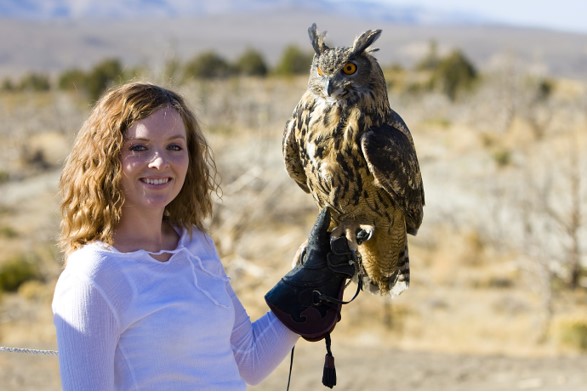Caring for our planet has never been more critical. As we confront the challenges of climate change, the urgency to protect wildlife and restore natural habitats grows every day. This shift has sparked a massive increase in awareness, making wildlife conservation one of the most rewarding and vital career paths you can choose.
A career in nature isn't just a job—it’s a mission. From local parks to the farthest corners of the globe, the opportunities to make a real-world impact are endless.
What Does a Career in Conservation Actually Look Like?
Working in the field is incredibly varied. Depending on your role, your day-to-day tasks might involve:
- Rescue & Rehabilitation: Saving animals from disasters and nursing sick or injured wildlife back to health.
- Field Research: Monitoring habitats and conducting ecological surveys to track species' health.
- Education: Inspiring the next generation by raising awareness about environmental issues.
- Species Preservation: Working with zoos, safari parks, and global NGOs to prevent extinction.
Top Career Paths for Nature Lovers
If you are passionate about the outdoors, here are the most popular professional routes you can take:
1. Wildlife Rehabilitator
You are on the frontline of animal care, providing temporary treatment to injured or orphaned wildlife with the ultimate goal of releasing them back into their natural habitats.
2. Wildlife Biologist
Biologists study the biology and behaviour of wild animals. You might specialise in wildlife law enforcement, environmental research, or conservation biology.
3. Country Park Warden or Ranger
Do you love being outdoors? Rangers manage designated parklands, forests, and national parks. You’ll protect native plants, prevent habitat damage, and ensure the land is safe for the public.
4. Ornithologist
As a bird specialist, you’ll use scientific methods to track migrations, monitor populations, and document behaviour to help protect avian species.
5. Zookeeper
Working in a zoo or safari park, you are responsible for the daily welfare of animals. This role is a unique blend of hands-on animal husbandry and public education.

What is the salary of a wildlife conservationist?
While most people enter this field out of passion, it is a professional career path with growth potential:
Experience Level & Typical Salary Range (UK)
Entry Level - £18,000 – £24,000
Senior (10–15 years) - £20,000 – £30,000
Experienced Managers - £35,000+
Why is wildlife conservation so important?
We are currently losing an estimated 10,000 species per year. As Sir David Attenborough famously said:
"To restore stability to our planet, we must restore its biodiversity... It is the only way out of this crisis that we ourselves have created. We must rewild the world!"
By choosing a career in conservation, you aren't just watching the news—you are changing the headline. You are ensuring that future generations can enjoy a world rich in wildlife and ecological stability.
.png)
How to Start Your Journey in Wildlife Conservation
Transitioning into a nature-based career requires a mix of physical stamina, a "can-do" attitude, and—most importantly—the right knowledge.
- Gain Volunteer Experience: Start at a local rescue centre. It builds confidence and proves your commitment.
- Get Physically Ready: Be prepared for all-weather outdoor work, lots of walking, and potentially driving off-road vehicles.
- Network: Attend symposiums like the National Wildlife Rehabilitators Association (NWRA) conferences to meet industry leaders.
- Get Qualified: Passion is the foundation, but an Ofqual-regulated qualification is the key that opens the door to professional roles.
Take the First Step with Animal Courses Direct
At Animal Courses Direct, we provide the UK’s leading online training for aspiring conservationists. Our courses in Zoology, Zookeeping, and Wildlife Rehabilitation are designed by professionals to give you the competitive edge you need.
Why study with us?
- Accredited Learning: Our qualifications are Ofqual-regulated and recognised by employers.
- Exclusive Benefits: Once enrolled, you can apply for the ZSL Student Fellowship, giving you unlimited access to London and Whipsnade Zoos.
- Career Support: We don’t just teach; we help you find practical volunteering placements to build your CV.
Ready to turn your love for nature into a lifelong career? Explore our wildlife & conservation courses today.
Have questions? Speak directly with a Student Career Advisor by calling 0120 200 640.

















